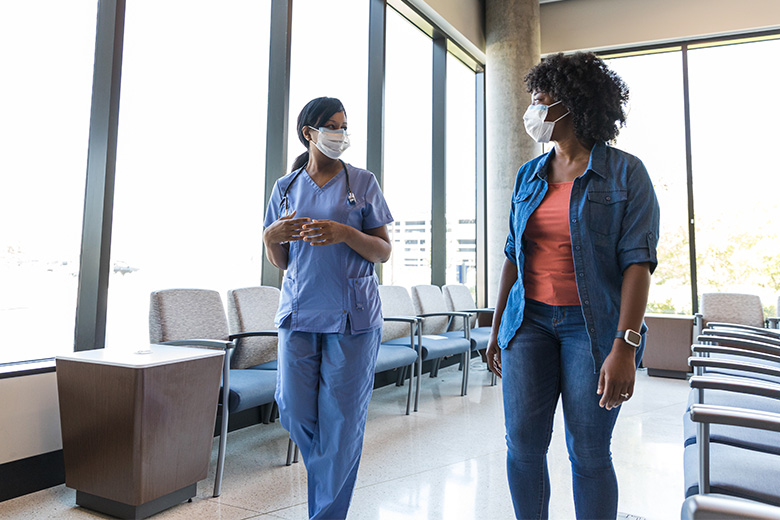Liver Cancer Screening
Appointments
Innovative Screening Programs
The liver is one of the body’s largest, most important organs. This hard-working organ not only filters toxic materials out of the blood, but also produces chemicals essential for digestion and blood clotting.
The term “liver cancer” actually refers to two different types of tumors. The more common are secondary, or metastatic tumors-malignant cells that have spread to the liver from cancers in other parts of the body such as the colon, lung or breast. Primary liver cancer consists of tumors that originate in the cells of the liver (hepatocellular carcinoma or hepatoma) or bile duct (cholangiocarcinoma). In the United States, primary liver cancer is relatively rare, although that may be changing. Recent statistics suggest it has actually doubled over the past 10 years, possibly associated with the rise in chronic hepatitis C infections during the 1970s. Bile duct cancer is uncommon, accounting for only 10 percent of primary liver cancer cases.
Lahey Hospital & Medical Center physicians have significant experience employing traditional and newer treatments for liver cancer, including chemoembolization and transplantation. Since 1999, the Liver Transplant Team has performed over 500 transplants-more than any other liver transplant center in New England. Lahey radiologists are specialized in applying state-of-the-art noninvasive imaging techniques, including computed tomographic angiography (CTA), to produce 3-D models of liver arteries prior to surgery. This technology delivers exceptional images of the liver and its vasculature, allowing radiologists and surgeons to customize scans that increase the effectiveness of pre-surgery planning.
Given the link between hepatitis and liver cancer, both diseases are highly active areas of research at Lahey. Our clinicians work on the front lines of medical research with the goal of improving outcomes for liver cancer patients. See our clinical trials, and learn how to participate in them.
Lahey also offers a number of innovative screening programs for patients at higher risk for liver cancer, including those with hepatitis or who have undergone a transplant.
Recent advances in liver cancer treatment have significantly expanded options for patients. At Lahey, our multidisciplinary teams provide patients with the most innovative liver cancer therapies developed at the nation’s leading research centers, as well as the opportunity to participate in groundbreaking clinical studies.”

